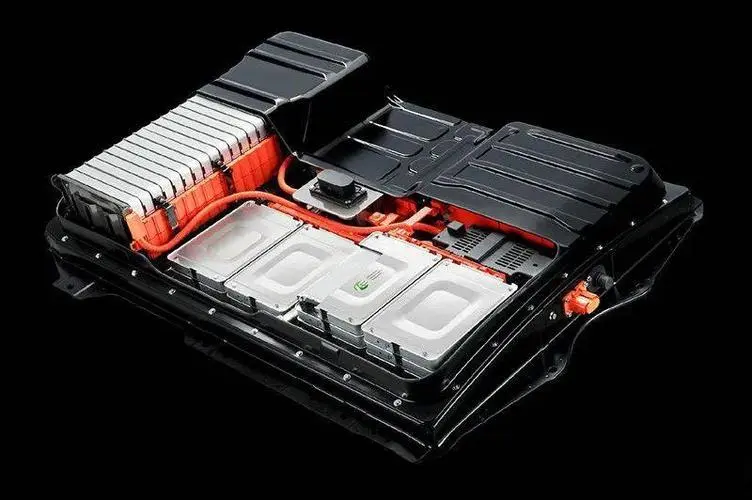
Electric vehicles (EVs) have become increasingly popular due to concerns about climate change, air pollution and dwindling fossil fuel reserves. One of the most critical components of an EV is its battery pack since it provides energy for the vehicle’s motor. Lithium-Ion (Li-ion) batteries have been the most widely used type of battery in EVs, but researchers and manufacturers have recently started exploring Lithium Iron Phosphate (LiFePO4) batteries due to their potential advantages over Li-ion batteries.
LiFePO4 batteries are rechargeable batteries that use iron phosphate as their cathode material, which sets them apart from Li-ion batteries that typically use cobalt or nickel-based compounds. This unique composition offers several benefits over Li-ion batteries when utilized in electric vehicles. First and foremost, they are safer than Li-ion batteries because they are less likely to suffer from thermal runaway and do not present any fire hazards during overcharging or puncturing. Secondly, they last longer, with a typical cycle life of over 2,000 cycles that equates to more than 10 years of usage for EVs. Thirdly, they perform better at high temperatures, which is particularly important for EVs where heavy usage can lead to significant heating.
Additionally, LiFePO4 batteries charge faster compared to traditional Li-ion batteries owing to their low internal resistance. They also have higher power density, meaning they can deliver more power per unit weight or volume. This property makes them compact and lightweight, two crucial characteristics for EVs where battery size and weight directly impact the vehicle’s range and handling.
Another advantage of LiFePO4 batteries is their cost-effectiveness in comparison to Li-ion batteries. While Li-ion batteries have dominated the EV market due to their higher energy density, the cost of LiFePO4 batteries has been steadily decreasing, making them an attractive option for EV manufacturers who aim to provide affordable electric cars.
In conclusion, Lithium Iron Phosphate (LiFePO4) batteries have several advantages over Li-ion batteries when used in electric vehicles. They are safer, last longer, perform better at high temperatures, charge faster, have higher power density and are cost-effective. As more research and development is carried out on this promising technology, we can expect to see wider adoption of LiFePO4 batteries in the EV market in the near future.
